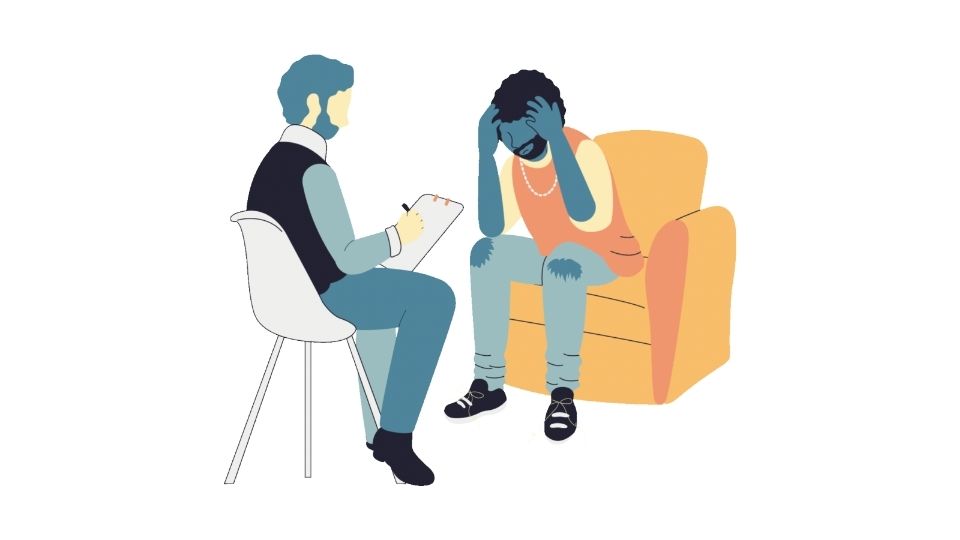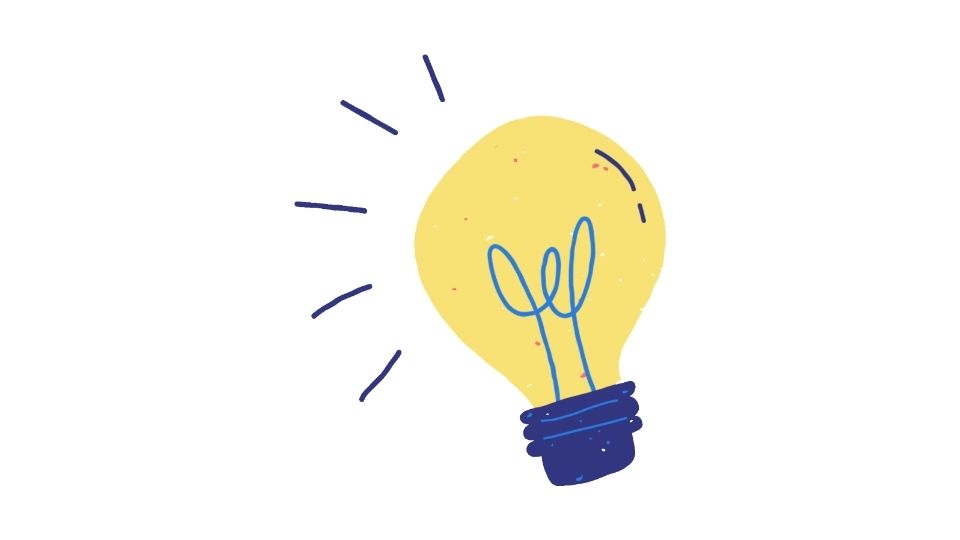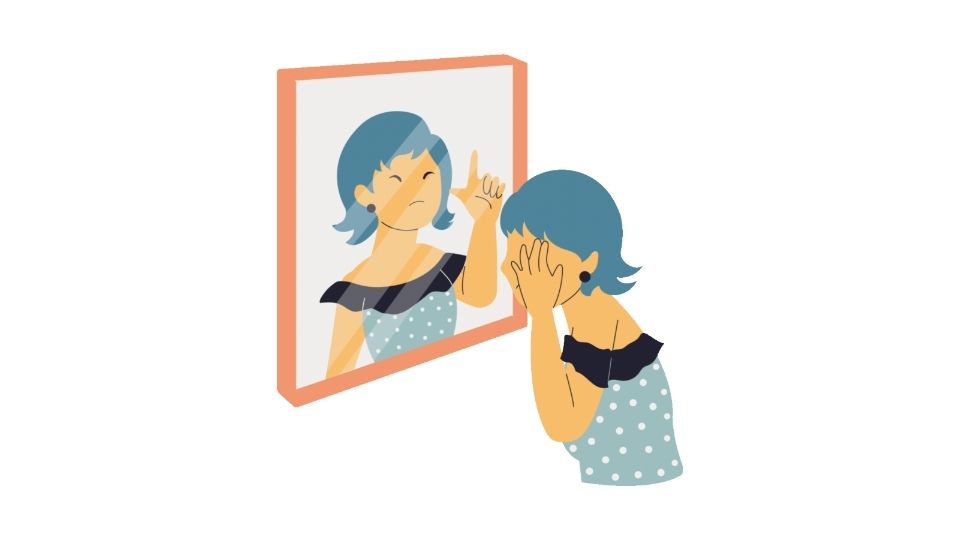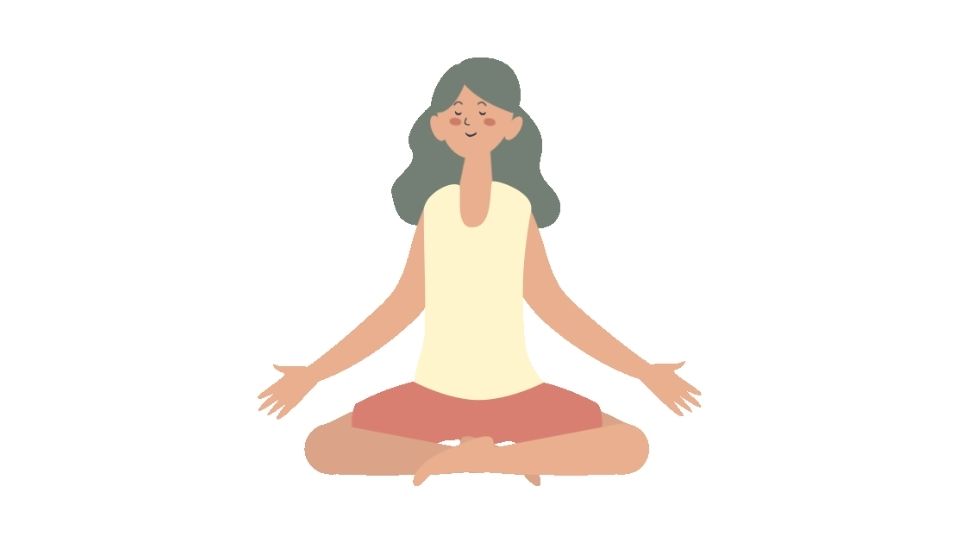Can I Go to Urgent Care for Mental Health Support?

Feeling overwhelmed and need mental health help NOW? Let’s talk about whether urgent care is your best bet.
Mental health is just as important as physical health, but getting help quickly can be a real challenge. Traditional services often have wait times measured in weeks or months (ugh), while emergency rooms can be overwhelming and expensive.
So what about urgent care? Can these walk-in clinics actually help with your mental health crisis?
Let’s break it down.
Can Urgent Care Help With Mental Health Issues?
The short answer: Yes, but with some important limitations.
Urgent care centers were originally designed for non-emergency physical health issues – think sprained ankles, not panic attacks. But as mental health awareness grows and demand for services skyrockets, many urgent care facilities have expanded to include mental health support.
These centers now serve as a middle ground between scheduled therapy appointments and the emergency room, offering same-day help when you’re struggling but not in immediate danger.
What Mental Health Issues Can Urgent Care Handle?

Not all mental health concerns are appropriate for urgent care settings. Here’s what they typically can help with:
- Depression and anxiety flare-ups
- Panic attacks (when they’re not accompanied by chest pain that could be cardiac)
- Medication adjustments or refills (when you can’t reach your regular provider)
- Initial assessments for new mental health concerns
- Referrals to specialists for ongoing care
Think of urgent care as mental health first aid – they can stabilize the situation and point you toward longer-term solutions.
A study from the Journal of Psychiatric Services found that mental health urgent care centers can reduce emergency department visits by up to 30%, showing they fill a crucial gap in our healthcare system.
When Urgent Care Isn’t the Right Choice

Some situations require more immediate or specialized care than urgent care can provide:
- Active suicidal thoughts or plans (call 988 or go to the ER)
- Severe psychosis or disconnection from reality
- Violent behavior that could harm yourself or others
- Severe substance withdrawal (especially from alcohol or benzodiazepines)
- Medical emergencies with mental health components
If you’re experiencing any of these, please call 988, 911, or go directly to an emergency room. Your life matters, and these situations require immediate, specialized intervention.
What to Expect During Your Visit
Walking into urgent care for mental health help can feel intimidating. Here’s what typically happens:
- Check-in and paperwork (the usual fun stuff)
- Brief screening with a nurse or medical assistant
- Assessment by a provider who may be a doctor, nurse practitioner, or physician assistant
- Consultation which could include:
- Discussing symptoms and history
- Possible medication prescription
- Safety planning if needed
- Referrals to ongoing care
Dr. Lloyd Sederer, former Chief Medical Officer of the New York State Office of Mental Health, explains that urgent care visits typically focus on “stabilization rather than comprehensive treatment,” making them perfect for crisis intervention but not long-term care.
The appointment might feel brief compared to traditional therapy – usually 30-60 minutes total. But remember, the goal is to address immediate needs and connect you with appropriate ongoing care.
Cost Considerations
Mental health care ain’t cheap (don’t get me started), and urgent care costs vary widely:
- With insurance: Typically a specialist copay ($30-100)
- Without insurance: Usually $100-300 per visit
- Sliding scale options: Some facilities offer reduced rates based on income
Many urgent care centers accept major insurance plans, including Medicaid and Medicare. Always call ahead to verify coverage and ask about payment options.
A report from the National Council for Mental Wellbeing found that urgent care mental health visits cost about one-third of what emergency department visits cost for similar issues – saving both patients and the healthcare system money.
Finding Mental Health Urgent Care Near You

Not all urgent care centers offer mental health services, so do your homework before heading out:
- Call ahead to confirm they handle mental health concerns
- Check their website for information about mental health services
- Ask about provider credentials – some have dedicated mental health professionals
- Verify hours – mental health services may have different availability
Some areas have dedicated mental health urgent care facilities, which are absolute game-changers. These specialized centers employ mental health professionals and focus exclusively on psychiatric concerns.
The National Alliance on Mental Illness (NAMI) offers a helpline (800-950-6264) that can direct you to local resources, including urgent care options for mental health.
Other Quick-Access Mental Health Options
Urgent care isn’t your only option for rapid mental health support:
- Crisis text lines: Text HOME to 741741 for 24/7 support
- The 988 Suicide & Crisis Lifeline: Call or text 988 anytime
- Telehealth services: Many offer same-day appointments
- Community mental health centers: Often have walk-in hours
- Primary care providers: Some can handle basic mental health needs
Each option has its strengths. The best choice depends on your specific situation, insurance, and comfort level.
My Take: The Future of Mental Health Urgent Care

Mental health urgent care represents a promising evolution in our healthcare system. As someone who’s navigated the frustrating maze of mental health services, I’m excited to see more accessible options emerging.
Is it perfect? Hell no. We still need massive improvements in our mental health care system. Urgent care is a band-aid on a much bigger problem – but sometimes, you really need a band-aid.
The ideal approach combines urgent care with comprehensive, ongoing treatment. Use urgent care to handle immediate crises, then connect with longer-term support through therapy, medication management, support groups, or whatever works for your unique situation.
Remember: Getting help – any help – is a sign of strength, not weakness. Whether it’s urgent care, therapy, medication, or all of the above, you deserve support when mental health challenges arise.
Don’t wait until you’re in crisis. But if you are, now you know urgent care might be an option worth considering.

